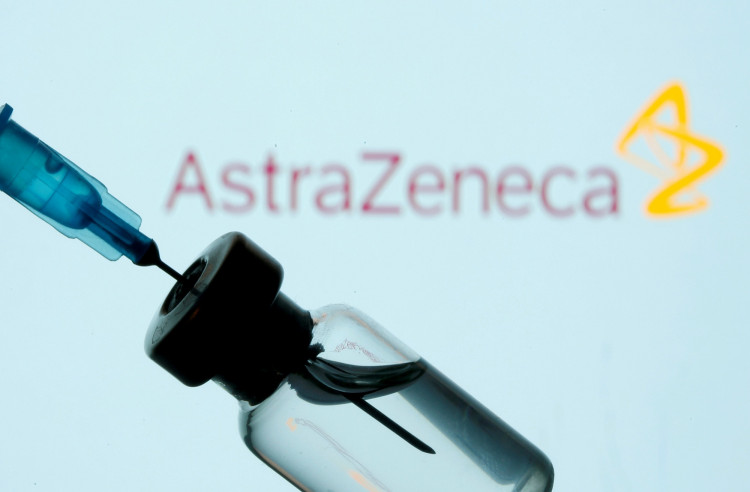Three vaccines made in the West will remain effective against all but a tiny fraction of the 4,000 coronavirus mutations.
The vaccines are developed by Pfizer/BioNtech and Moderna, Inc. and the adenovirus viral vector vaccine from Oxford University and AstraZeneca. The Pfizer/BioNTech and the Oxford University/AstraZeneca vaccines are currently being rolled-out in Britain.
All three are administered in two doses. In December, the UK became the first country to authorize and use the Pfizer/BioNTech vaccine.
Nadhim Zahawi, the UK Parliamentary undersecretary for COVID-19 vaccine deployment said it was unlikely the two vaccines in the UK won't work against new coronavirus variants.
"It's very unlikely that the current vaccine won't be effective on the variants whether in Kent or other variants especially when it comes to severe illness and hospitalization," Zahawi said.
"All manufacturers, Pfizer-BioNTech, Moderna, Oxford-AstraZeneca and others, are looking at how they can improve their vaccine to make sure that we are ready for any variant-there are about 4,000 variants around the world of COVID now."
Only a small minority of these mutations are likely to be severe enough to change in an appreciable way, according to the British Medical Journal.
If a more contagious or more lethal mutation does present itself one day, a new vaccine to deal with this new threat can be developed in "30 to 40 days," Zahawi said.
This kind of an emergency action will only be necessary if there was "a variant that we are really concerned about," such as a mutation wholly immune to current vaccines.
He said UK scientists will respond to this "worst-case scenario, which is that we see a variant that is wholly immune to the vaccines that we are currently distributing."
Zahawi said the plan was "to go from the moment we can sequence a variant that we are really concerned about to the moment we can have a vaccine ready to be between 30 to 40 days."
He revealed an alternative approach might be to rely on a candidate vaccine developed by biotech firm Valneva SE in Scotland. This vaccine is in early trials.
It might become "a booster in the autumn" because it uses a different technique thought to be more likely to be effective against mutations.






